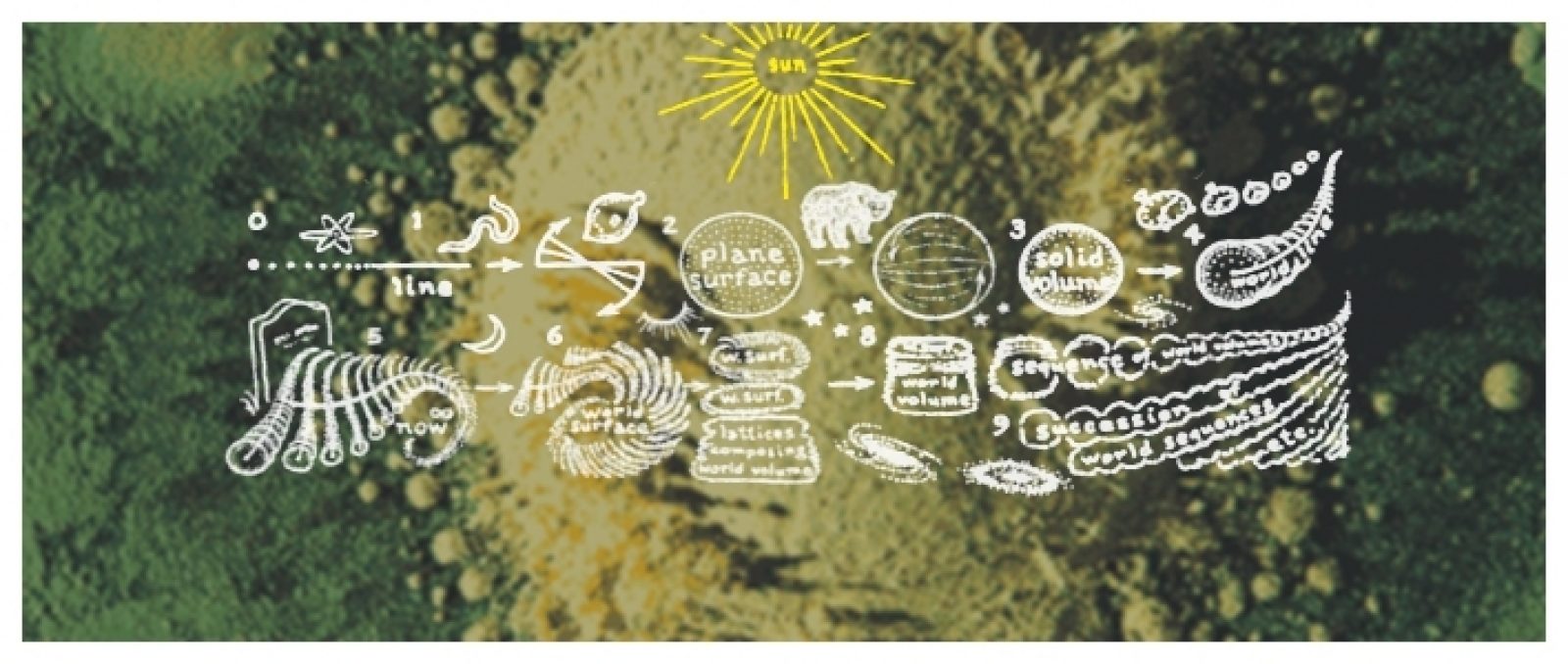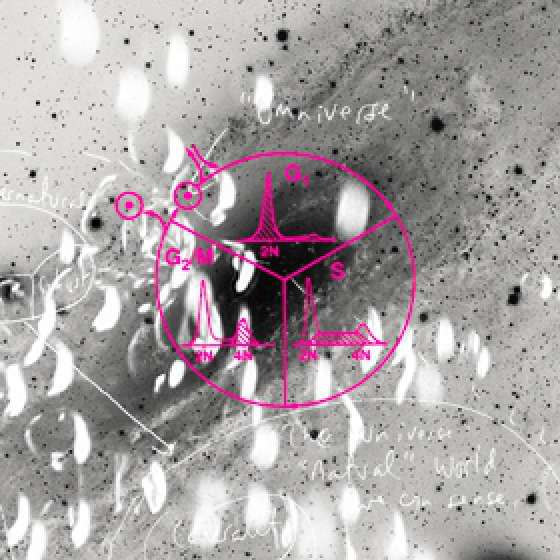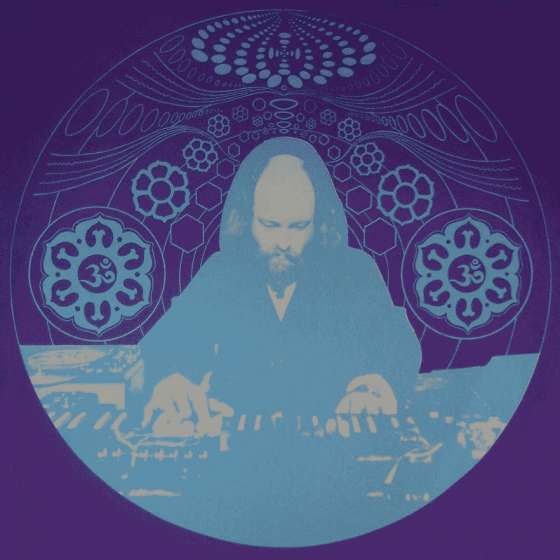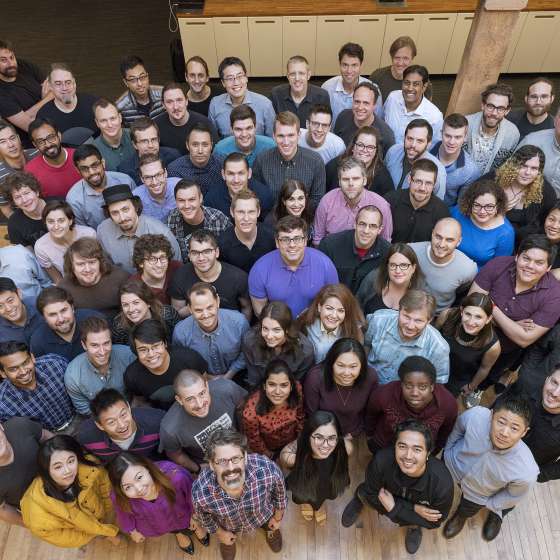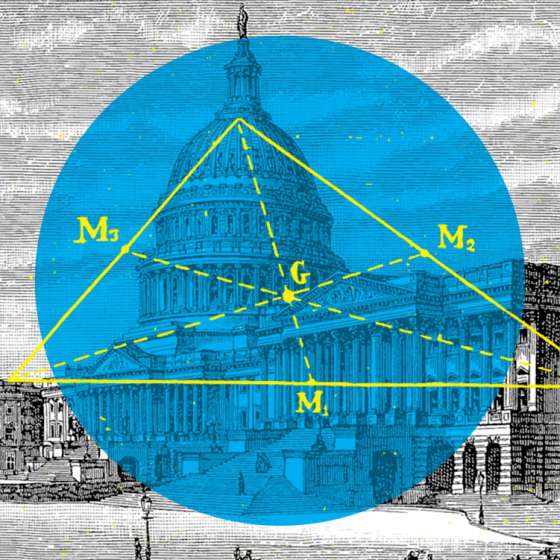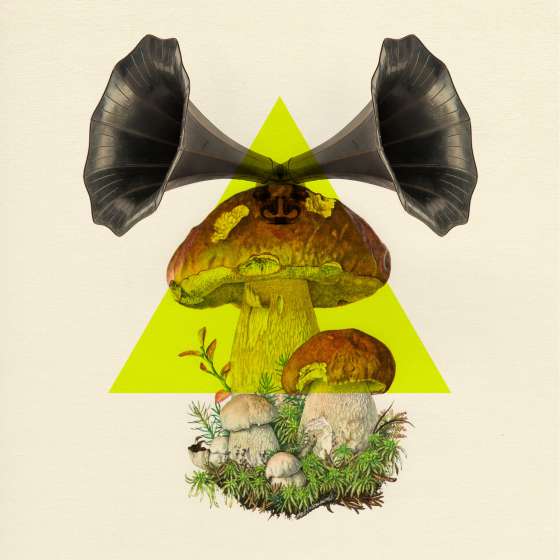Guy Murchie
On a soul-seeking journey in the desolate outskirts of Joshua Tree, a tip from a friend and some half-brained intuition guided me down abandoned mining roads to a spot that felt like my own little secret. I sat on a rock and adsorbed the vast landscape - it was a near perfect manifestation of my intention. At some point, after a day of isolation, I imagined the unfortunate experience of running out of gas in a place this remote. I was more than an hour drive from the nearest road and without a mobile phone. My quarter-tank of gas was enough motivation to get me back in the truck in search of some peace of mind.
The nearest gas station was at 29 Palms, a small, depressed town east of Joshua Tree, supported mostly by the local military base. Along the main road were numerous small single room homes surrounded by high barbed fences, which painted a picture of some extreme paranoia and/or introversion. So when a man approached me at the gas station, my first instinct was not to engage - I had already discarded this town as freakish. The man was awkward, but friendly, and sheepishly told me about a rare flower sighting down the road that I shouldn’t miss - said it was “a once-in-a-lifetime opportunity”. He gave me directions, “head west on 62, take a left a Raven’s books, follow the street to the dead end - you can’t miss it”. I was intrigued and followed the simple directions. The street ended at a dirt lot. Nothing there but a few blades of dry grass and a decaying pile of wood. I wandered for a while, with my eyes scanning for anything resembling a flower. Nothing.
Disappointed I headed back to the car with my mind returning to my magic spot in the wilderness. As I was passing Raven’s books I felt a strong desire to stop and have a quick look. Walking into Raven’s was like entering the home of a crazy person. Nothing made sense - there was no organization, no book shelves, just a feeling of complete chaos. All the books were stacked on their side, waist high and at least three deep. I was difficult for me to believe that customers would go through the trouble of unstacking and re-stacking books just to see what they contained. I was curious, I couldn’t help myself - I had to do it. When I got to the inner most stack, the spine of a book near the bottom caught my attention - an organic silver spiral shape beautifully embossed without a title. When I got to the book the title intrigued me even more, “The Seven Mysteries of Life”, by Guy Murchie. I opened the book to a random page and began to read. The page described an aspect of transcendence and why our relation to time continues to shift as we age. The paragraph simply and beautifully summarized an idea I understood but could never clearly articulate.
Have you ever wondered why each year you live seems to pass faster than the year before? There’s a law at work here called Transcendence, influencing time and space and consciousness of self. For each year lived has to be a smaller portion of one’s experience to date. To the year-old baby of a year is a lifetime, to the ten-year-old a tenth as much. To the centenarian but one percent of his experience, while people he knows appear, bloom and die like flowers in a garden. The same is as true of space and time. The baby learns the inch and foot before he knows the yard. Then, as his horizon expands, the mile, the acre… the light-year… Progression from the finite, toward the Infinite, you see. Yet, as you gain the mile, you do not lose the inch, nor, as you gain the year, do you lose the minute or the hour. For finitude is a tool of learning, learning the little before the big, the simple before the complex. Transcendence affects the self too, for one begins as a fertile egg, the seed soul, stirring, seeking, becomes a pupil in the Soul School of Earth. Growing in consciousness, in awareness of other beings, using the tools of finitude, the self in space and time. The while developing spiritually through life, through death—death, which evolved only later in evolution because it had survival value for the multi-celled organisms—death that we cannot live without.
- Guy Murchie, 1907-1997
99 cents. Sold.
Guy Murchie is a man after my own heart - a self-taught scientist/philosopher, driven by curiosity, confident that everything is just as it should be, and aware of our utter insignificance in the great perspective that is reality. Another quality I love about Murchie is how he communicates complex and difficult ideas in simple terms. Also, his scientific approach to metaphysical topics are logical, and at the same time spiritual, without being religious, and show us an unpretentious consensual reality. Although his books are not religious, Murchie joined the Baha’i faith in 1938. He always seems determined to reconcile science and spirituality, as evident by this quote where he compares the great figures of science to the pillars of spirituality and mysticism.
...it seemed apparent that just as scientific truth has been revealed by a succession of teachers from Pythagoras to Copernicus to Galileo to Kepler to Newton to Einstein, so has spiritual revelation come in turn from such prophets as Krishna, Moses, Zoroaster, Buddha, Christ, Mohammed, and now the Bahá’í prophets, the Bab and Bahá‘u’lláh.
Serendipity seems to be a theme I can’t quite escape with Murchie. It may be that our perception of life overlaps in some interesting way, or that being wide open to experience in general opens the gates to serendipity. One of my favorite connections happened while first reading the Seven Mysteries. I was invited to a YLEM Forum talk about cymatics, which is the study of vibrational science. After the talk, which was inspiring to say the least, I found a video of the subject and watched it a few times. I concluded that the fabric of the universe must be shaped and driven by this phenomenon since the essence of life was so clearly visible in this demonstration. A week later I unexpectedly arrived at Muchie’s chapter on cymatics, where he reaches the same conclusion.
Guy Murchie passed away in July of 1997. I found his book in May of 1997 through a chain of events that seem too auspicious to ignore. Guy would probably argue that it was more about the increased probability due to my own curiosity, but I might argue, against my better judgment, that my journey to find isolation in Joshua Tree was actually about finding Mr. Murchie.
Posted
Oct 10, 2010
